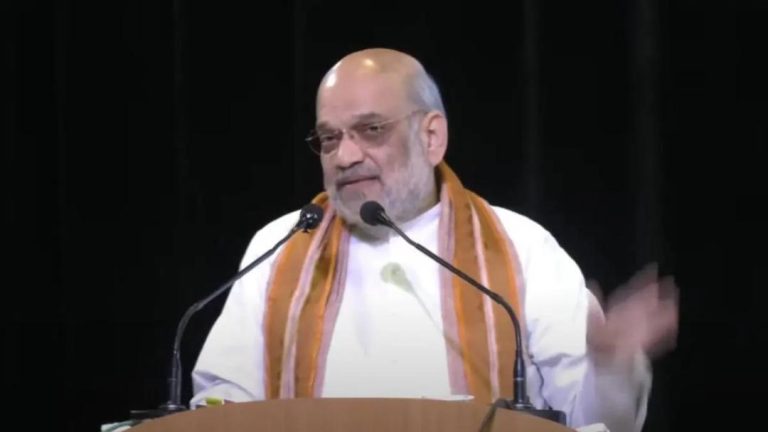
Govt should abolish capital gains tax: Ashneer on market crash
The recent market crash has sent shockwaves across the financial world, with many investors and experts weighing in on the causes and consequences of the downturn. One such expert is entrepreneur and investor Ashneer Grover, who took to social media to express his thoughts on the matter. In a tweet, Grover stated that it’s “high time for the government to abolish capital gains tax” and that the markets need “structural change” to correct themselves.
Grover’s comments come on the heels of a tweet by Nithin Kamath, CEO of Zerodha, who noted that the broking industry is experiencing a significant decline in terms of both the number of traders and volumes. Kamath’s observation is a stark reminder of the impact that the market crash is having on the financial sector, and it’s clear that the industry is in need of a solution.
So, what does Grover mean by “structural change”? In essence, he’s suggesting that the government needs to take a closer look at the tax laws and regulations that govern the financial industry. One of the key areas that he’s likely referring to is the capital gains tax, which is a tax on the profits made from the sale of assets such as stocks, bonds, and real estate.
The capital gains tax is a significant burden for many investors, as it can eat away at their profits and make it more difficult to achieve their financial goals. For example, if an investor sells a stock for a profit, they may be required to pay capital gains tax on that profit. This can be a significant expense, especially for investors who are trying to build wealth over the long term.
Grover’s suggestion that the government abolish the capital gains tax is likely motivated by his desire to create a more favorable environment for investors. By eliminating the capital gains tax, the government could make it easier for investors to achieve their financial goals, which could in turn boost economic growth and create more jobs.
Of course, abolishing the capital gains tax would also have its downsides. One of the main concerns is that it could lead to a decrease in government revenue. The capital gains tax is an important source of revenue for the government, and eliminating it could put a significant strain on the budget.
Another concern is that abolishing the capital gains tax could lead to a surge in speculation and market volatility. Without the tax, investors may be more likely to take on excessive risk in pursuit of quick profits, which could lead to market instability and even crashes.
Despite these concerns, Grover’s suggestion is not without merit. In fact, many experts have argued that the capital gains tax is a relic of the past and that it’s no longer necessary in today’s economy. With the rise of index funds and other low-cost investment vehicles, the need for the capital gains tax is diminished, and many argue that it’s time for the government to reevaluate its role in the financial industry.
In addition to abolishing the capital gains tax, Grover may also be suggesting that the government needs to take a closer look at other areas of the financial industry. For example, he may be advocating for greater transparency and regulation in the market, as well as measures to promote fair competition and consumer protection.
Ultimately, the decision to abolish the capital gains tax is a complex one that requires careful consideration of the potential consequences. While it’s true that the tax can be a burden for many investors, it’s also important to recognize that it serves an important purpose in the economy.
As the financial industry continues to evolve, it’s clear that the government will need to play a role in shaping its future. Whether that role involves abolishing the capital gains tax or implementing other measures to promote financial stability and growth, one thing is clear: the government must act to create a more favorable environment for investors and the economy as a whole.
Source: https://x.com/Ashneer_Grover/status/1895416025853878455






